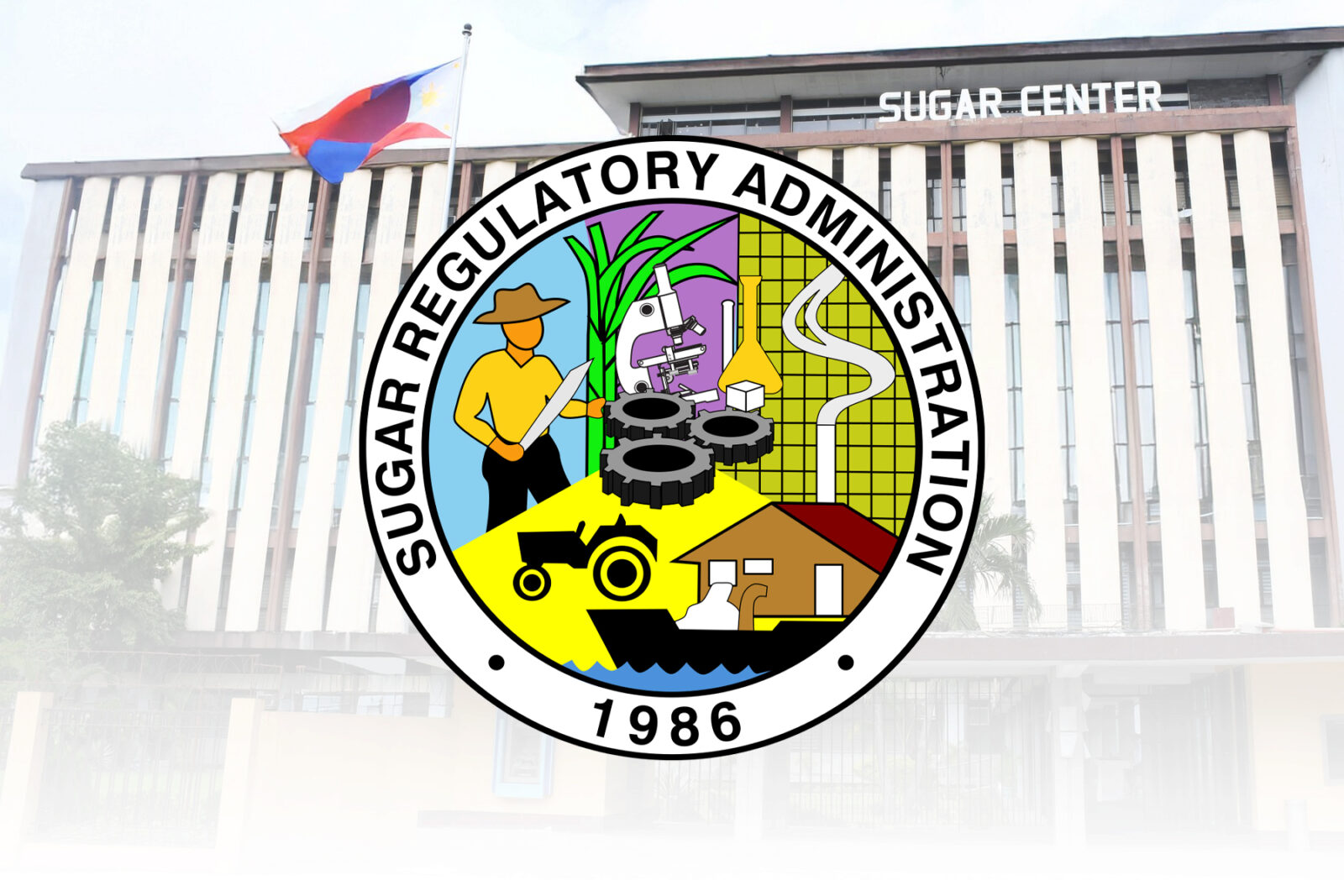SRA sees tighter sugar supply, rules out exports for now

Bracing for tighter supply due to pest infestation and weather disruptions, the Sugar Regulatory Administration (SRA) has ruled that the country’s entire sugar production in the current crop year would be for domestic use.
In Sugar Order No. 1 for crop year 2025-2026, the SRA estimated that local sugar production would go down by 7.9 percent to 1.92 million metric tons (MT) from the output in the previous crop year.
Sugar crop year in the Philippines begins in September and ends in August of the following year.
The SRA is anticipating “a possible decrease” in sugar harvests due to the ongoing red-striped soft scale insects (RSSI) infestation and excessive rainfall in Negros.
“I would agree with those estimates. We never imagined the damage caused by RSSI was that extensive. Hopefully, we can recover this coming crop year,” United Sugar Producers Federation of the Philippines president Manuel Lamata said in a Viber message.
Given this situation, the SRA designated all sugar production this crop year for domestic consumption.
Every crop year, the SRA issues a sugar order to determine the allocation for locally produced sweetener.
In the past planting seasons, the SRA also earmarked all production for domestic consumption, as production was insufficient to meet demand. The country has relied on importation to plug any supply shortage.
The last time that the SRA set aside a portion of local sugar output was in crop year 2020-2021. At that time, 93 percent of the production was given to the domestic market, while the remaining 7 percent was reserved for the US market.
The SRA previously said the RSSI, first observed in plantations in Luzon in 2022, could reduce the sugar content of infested sugarcanes by as much as 50 percent.
It reported the first RSSI case in May, affecting some farms in Negros Occidental. Since then, the pest—which can cause yellowing leaves, stunted growth and shortened internodes—has spread to adjacent areas.
Last month, the SRA announced an intensified partnership with Hawaiian-Philippine Company to develop an organic and eco-friendly pest management solution to curb the infestation.





















